
Aktuelno
Članak
There's neither historical nor legal similarity between Kosovo and the RS
The thesis 'How come Kosovo can be an independent state and the RS cannot' is intertwined with Vucic's everyday repeating of the phrase 'Kosovo (Albanians) get everything while Serbia gets nothing!'
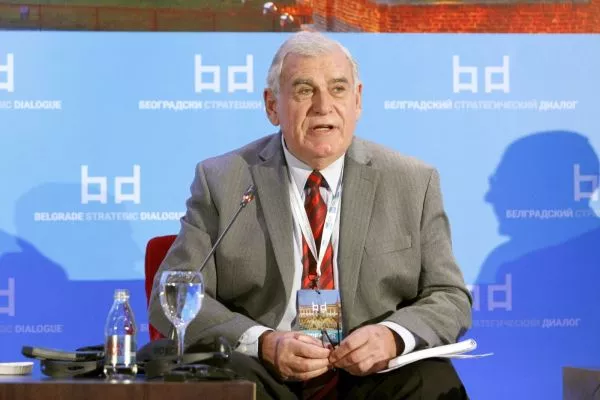
By: Azem Vllasi
The thesis 'How come Kosovo can be an independent state and the RS cannot' is at the root of Vucic's everyday repeating of the phrase 'Kosovo (Albanians) gets everything while Serbia gets nothing!'
Vucic knows well that he can get nothing in Kosovo as Kosovo is a state with its own borders, territory and constitutional system. The independence of Kosovo is a result of breakup of Yugoslavia in which Kosovo had its own constitutional identity and was a constituent element of Yugoslav federation.
It is also a result of the fact that Serbia, contrary to the terms of SFRJ constitution which was then still in in effect, by force and counter institutionally, in 1989 violated legal constitutional status of Kosovo thus violating human and ethnic rights of the Albanians who were over 80% in Kosovo at the time. That's how Serbia rocked the foundations of Yugoslavia as it was.
When he says that Serbia has to 'get something', Vucic aims at the RS, therefore, a half of BiH. Hence Dodik's threatening 'if Kosovo is to be a state, the RS will then seek independence on the same basis!'
According to the last constitution of SFRJ, Bosnia and Herzegovina was a republic just like all the others. Once it became clear that Yugoslavia was facing dissolution (breakup), the European community formed so-called Badinter commission tasked with interpreting the principles of the international legislation by which new states could be created. It was an expert help meant to avoid chaos and wars in the process of dissolution of Yugoslavia. According to the principles of Badinter commission, BiH got the right to state independence as the other republics.
However, supported by Belgrade, political representatives of the Serb entity were ultimately insisting that BiH remained a part of Yugoslavia, without Slovenia and Croatia, which would according to Belgrade, transformed itself in some sort of 'Greater Serbia'.
Bosniaks, Croats and other citizens from BiH, as well as a good number of Serbs did not agree to that. As there was no longer SFRJ by the 1974 constitution, they now wanted an independent state. After its declaration of independence, BiH gained its international recognition and became a member of OUN, as did Slovenia, Croatia and Macedonia.
Kosovo was then under Serb occupation and it was forced to remain the part of Serbia. Montenegro has voluntarily, by 'Zabljak Constitution' remained in so-called Federal Republic of Yugoslavia until referendum on Montenegro independence in 2006. It is a well-known historical fact how Serbia unexpectedly occupied Montenegro in 1918.
Kosovo Albanians did not accept violation of the Kosovo constitution in 1989, and the state of occupation and apartheid. As Serbia's repression over Albanians was intensifying, they (Albanians) fought back. Key factors in the international community supported legitimate rights of Albanians.
At last, in 1999, with a help from the democratic world, Albanian resistance succeeded – Kosovo was liberated of Serbia.
The UN Security Council adopted Resolution 1244 which introduced the UN provisional administration (UNMIK) until final solution for the status of Kosovo was to be found. NATO deployed its troops to Kosovo (KFOR) to keep peace. By the UN Resolution 1244, every segments of Serbia's sovereignty there (military, police, administration, constitutional authority etc.) ceased to exist.
In 2008, again with the help from the UN Security Council, by virtue of so-called Ahtisari's plan, Kosovo became an independent state. Therefore, it was not 'self-proclaimed' independent as Belgrade has been repeatedly saying.
Reviewing Serbia's appeal, the International Court of Justice ruled that declaration of independence of Kosovo neither contradicts the International law nor the Resolution 1244.
Kosovo has been recognized by 115 countries including the United States of America and the Western European countries.
Therefore, there is no similarity between the way Kosovo gained its independence and the Republika Srpska.
The Republika Srpska was originally founded on bloody crimes such that Europe did not see after the WWII. Genocide, ethic cleansing, war crimes, crimes against civilians, burning down houses of worship... And all that with direct initiative and support by Belgrade, backed by Yugoslav Army which eventually left the weapons to those who committed those crimes. It was all confirmed by rulings of The Hague Tribunal for war crimes and punishments for the founders of the Republika Srpska.
The Dayton Agreement had for its aim to halt the crimes and the horrors of Bosnian war. At the same time, the Dayton Agreement made BiH a dysfunctional state. It created two entities which had never existed before, with certain authorities. With all its faults, the Dayton agreement without any alternative recognized BiH as an independent and sovereign state with the territories and the border it had as a federal unit of Yugoslavia. It has remained as such a member of the UN. The Republika Srpska is only an entity within BiH and nothing more.
The aspirations to promote that entity into a state to be annexed to Serbia is merely awakening the recent past in order to invalidate BiH as a state. Bosnia has always been Bosnia, with its own identity and characteristics, even under other invaders. And in spite of its neighbors' aspirations and attempts to destroy it or to appropriate it. However, there has never been any Serbia west from Drina River and it never will be.
Having said that, all the attempts in that direction could only do harm Serbia as a state; they also delude Bosnian Serbs and make their lives difficult in their country, BiH.
It is quite obvious that there's no similarity between Kosovo and the RS. Everybody knows that. They know it particularly well in Serbia. However, the government in Belgrade, because of their own interests, continue to keep Bosnian Serbs hostages of illusions of Greater-Serbia.
#English
Najnovije
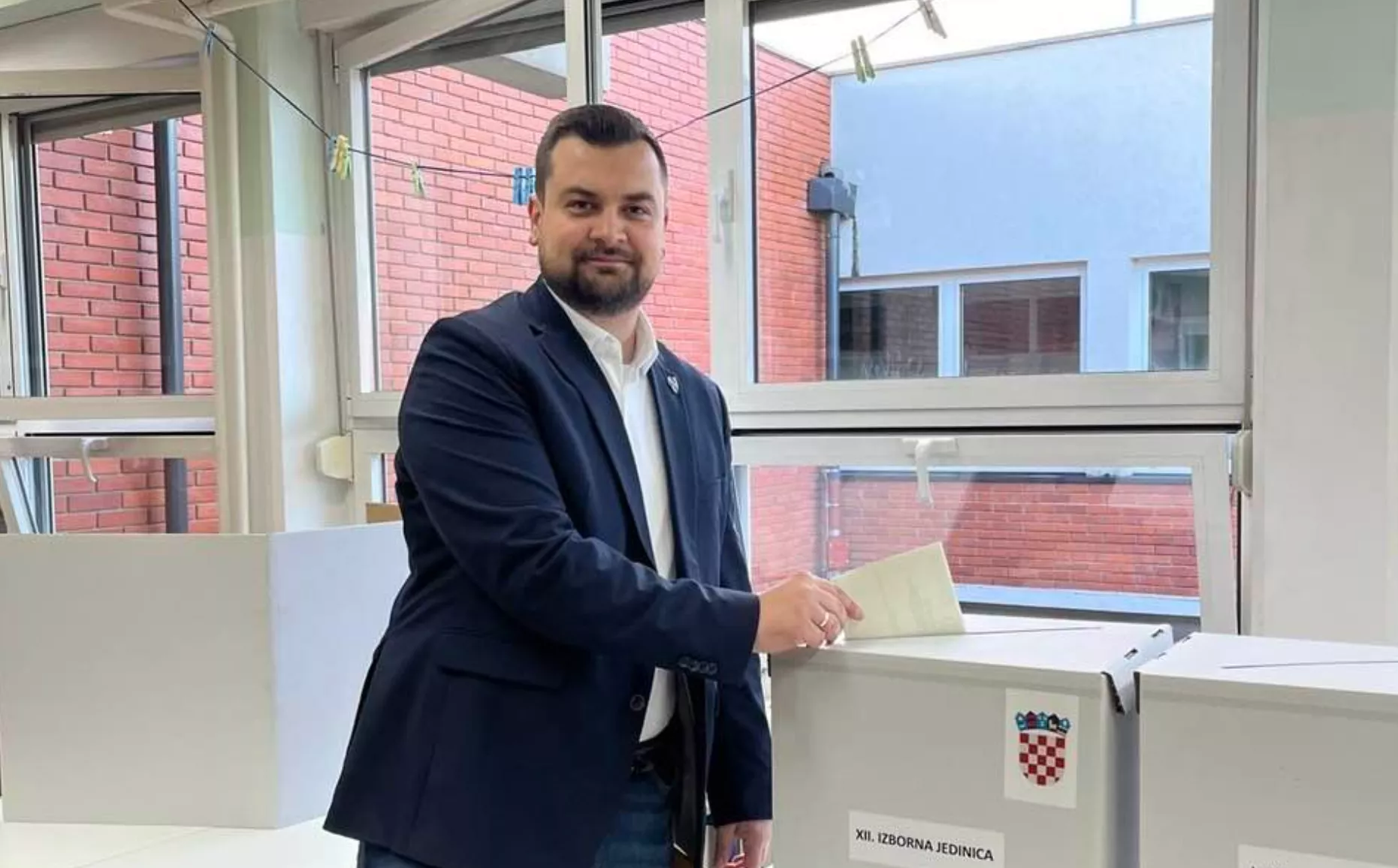
Hodžić: Zalagat ću se za probleme nacionalnih manjina

Nataša Kandić pozvala opoziciju u Srbiji da podrži Rezoluciju o genocidu u Srebrenici

Scholz: Rat u Ukrajini mogao bi potrajati još nekoliko godina
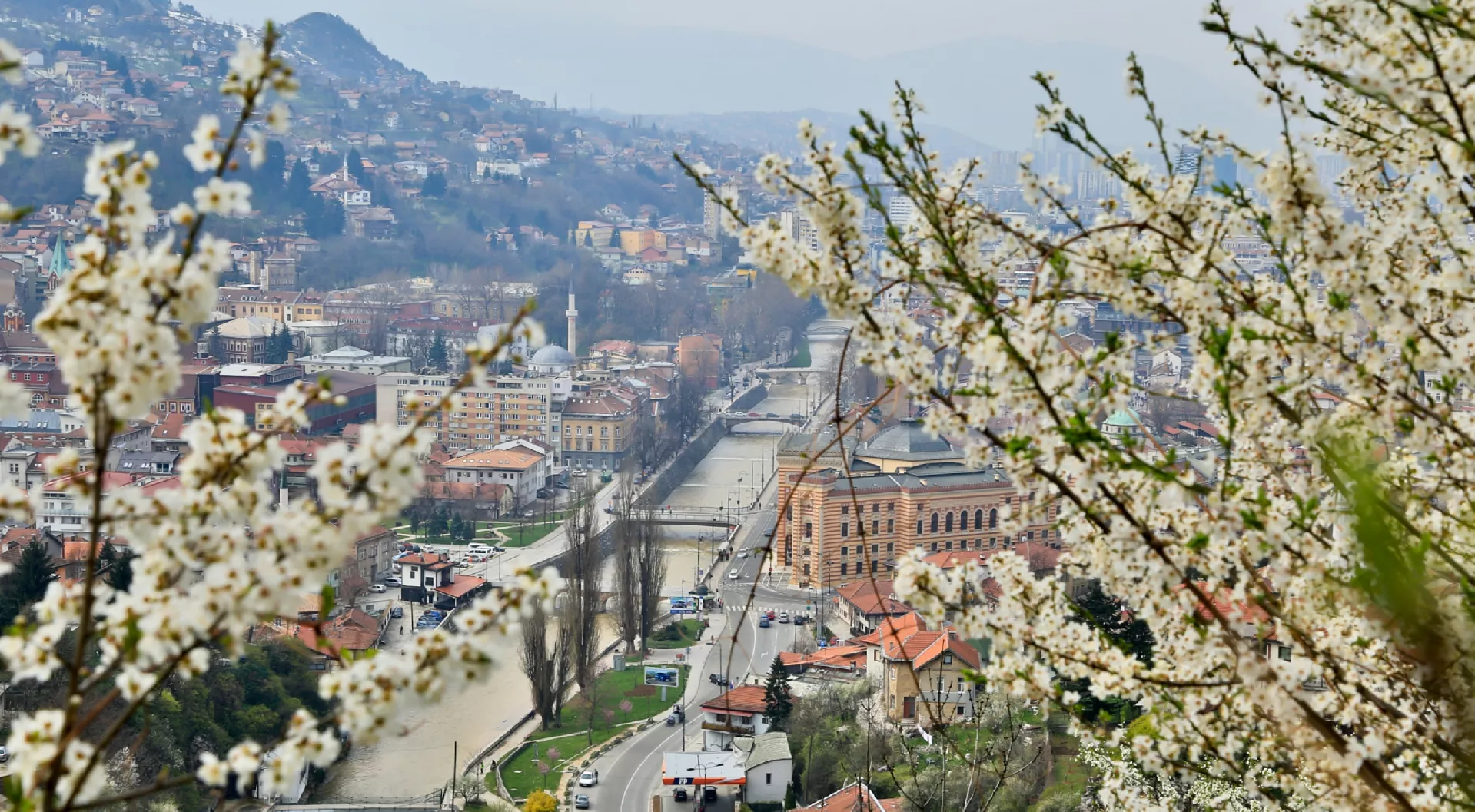
U BiH danas oblačno s kišom, na planinama snijeg
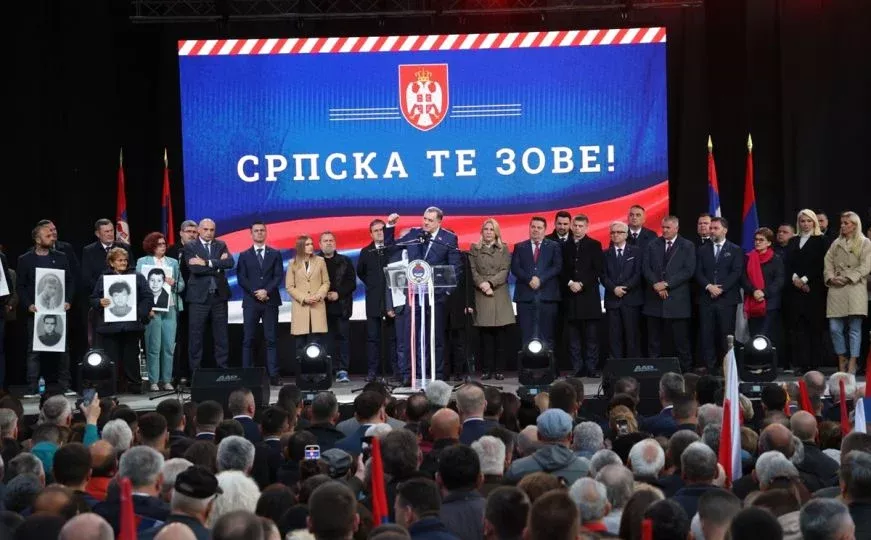
Poruka probosanskim liderima: Okupite se i pozovite patriote u odbranu države, u suprotnom obucite dimije i bježite!
Najčitanije

Duraković: Zašto je panbošnjački sabor krupna politička greška, izuzetno štetna za Bošnjake
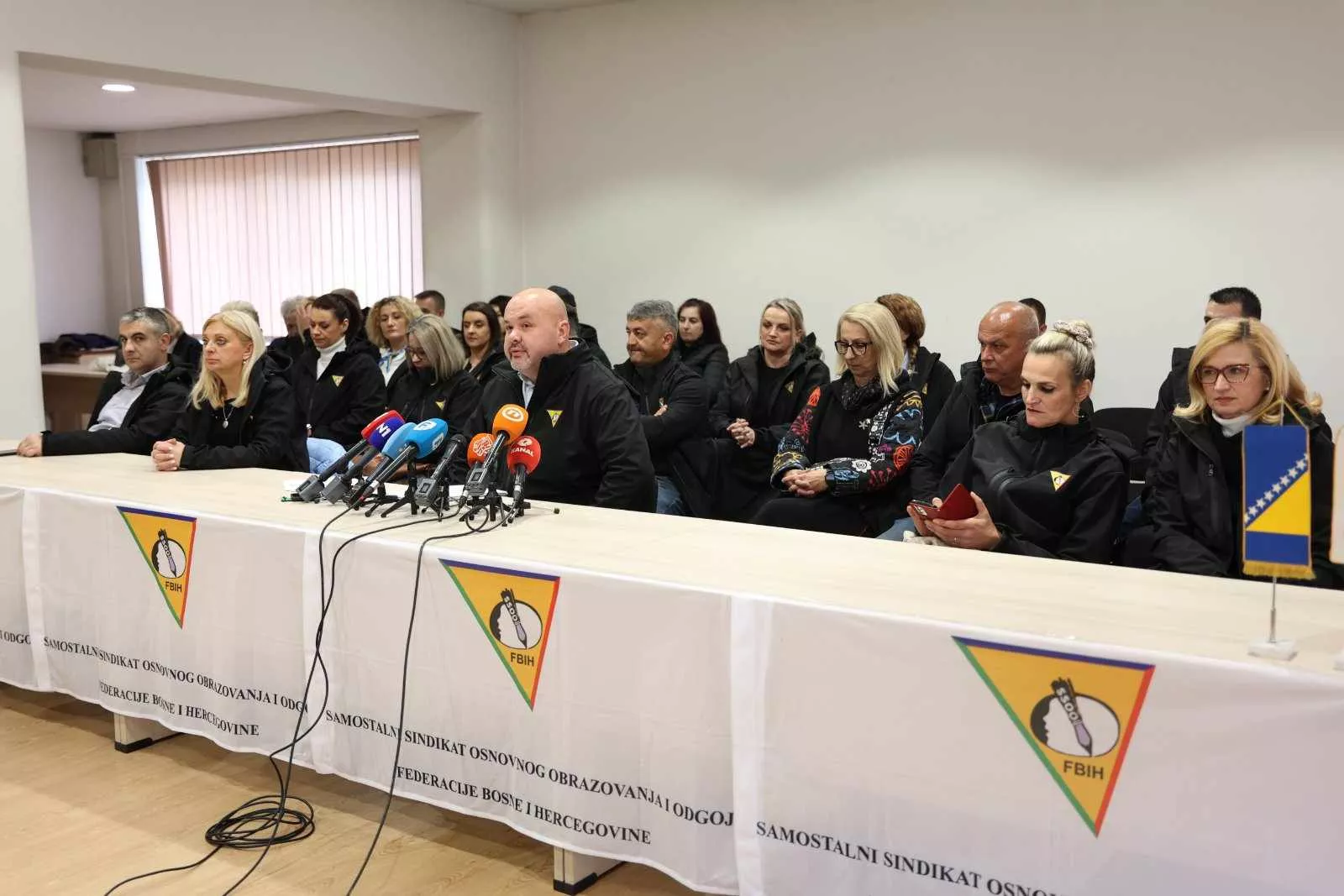
Sivro: Vlada KS ruši obrazovanje, ministrica želi da zna imenom i prezimenom ko štrajkuje

VIDEO Na ulazu u Ahmiće postavljen plakat sa natpisom 'Oprostite u ime građana Republike Hrvatske'

Golob uvjeren da samo on i Janković vladaju politikom: Vučić kadrovik pokreta Svoboda, Banjaluka osvaja Ljubljanu!

Nikšić u ćošku stola i slike: Nermin izviruje karte 'srpskog sveta' i 'banovine Hrvatske' i daje im legitimitet!
